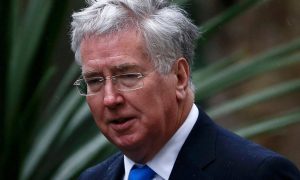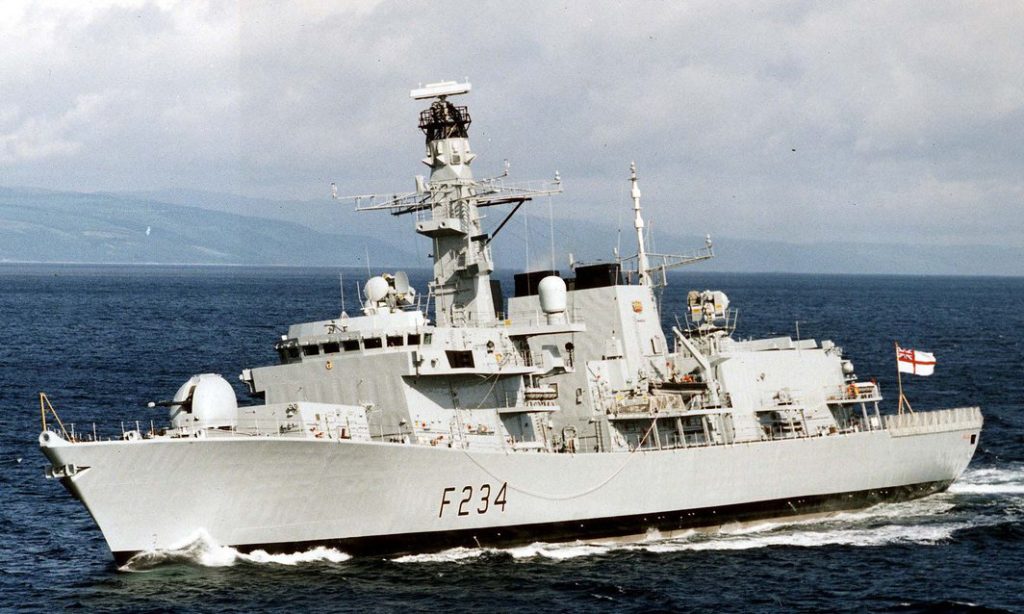Britain will also contribute troops to a new 6,000-strong force that is intended to act as a deterrent
by Ewen MacAskill via The GuardianÂ
The UK is to send five extra ships to the Baltic as part of a Nato buildup against Russia.
A sizeable contingent of British troops are also likely to contribute to a new Nato force of up to 6,000 to be stationed on a rotational basis in six countries bordering Russia.
A decision on troop numbers is expected to be taken at the Nato summit in Warsaw in the summer. The eastern European countries – Poland, Bulgaria, Romania, Latvia, Lithuania and Estonia – have been pressing for boots on the ground from the US, Britain and Germany, in the belief that their presence would act as a deterrent to Russia.
The naval deployment and the expected troop contributions are part of what Nato describes as a more muscular approach to Russian president Vladimir Putin.
After years of steady military withdrawal from Europe since the end of the cold war, the US last week announced a quadrupling of military spending to $3.4bn (£2.35bn) to increase its presence in Europe as a counter to Russia.
The UK contribution, though modest by comparison, is still significant given the extent to which the navy has been reduced after years of cutbacks.
The UK defence secretary, Michael Fallon, who is scheduled to attend a two-day Nato meeting on Wednesday in Brussels with an agenda dominated by Russia, announced that the UK is to contribute to a permanent Nato naval force for the first time since 2010.
Fallon said: “Increasing our Nato deployments sends a strong message to our enemies that we are ready to respond to any threat and defend our allies. 2016 will see a particular focus on the Baltic region.â€

Defence minister Michael Fallon called the move by Nato a ‘strong message to our enemies’. Photograph: Stefan Wermuth/Reuters
The growing Nato presence in the Baltic states is intended to deter Russia from repeating in the region the kind of intervention seen in Ukraine, Nato says.
It has come off second best against Russia in Ukraine, failing to prevent the loss of Crimea, and has been wrong-footed too by Russia’s surprise intervention in Syria.
The UK, which already has planes operating in the Baltic states and regularly sends troops to the region on training exercises, is to deploy a Type 23 Frigate – HMS Iron Duke – with the Nato force in the Baltic, as well as a Type-45 destroyer and three minesweepers, with, in all, 530 naval personnel.
See original article here.

